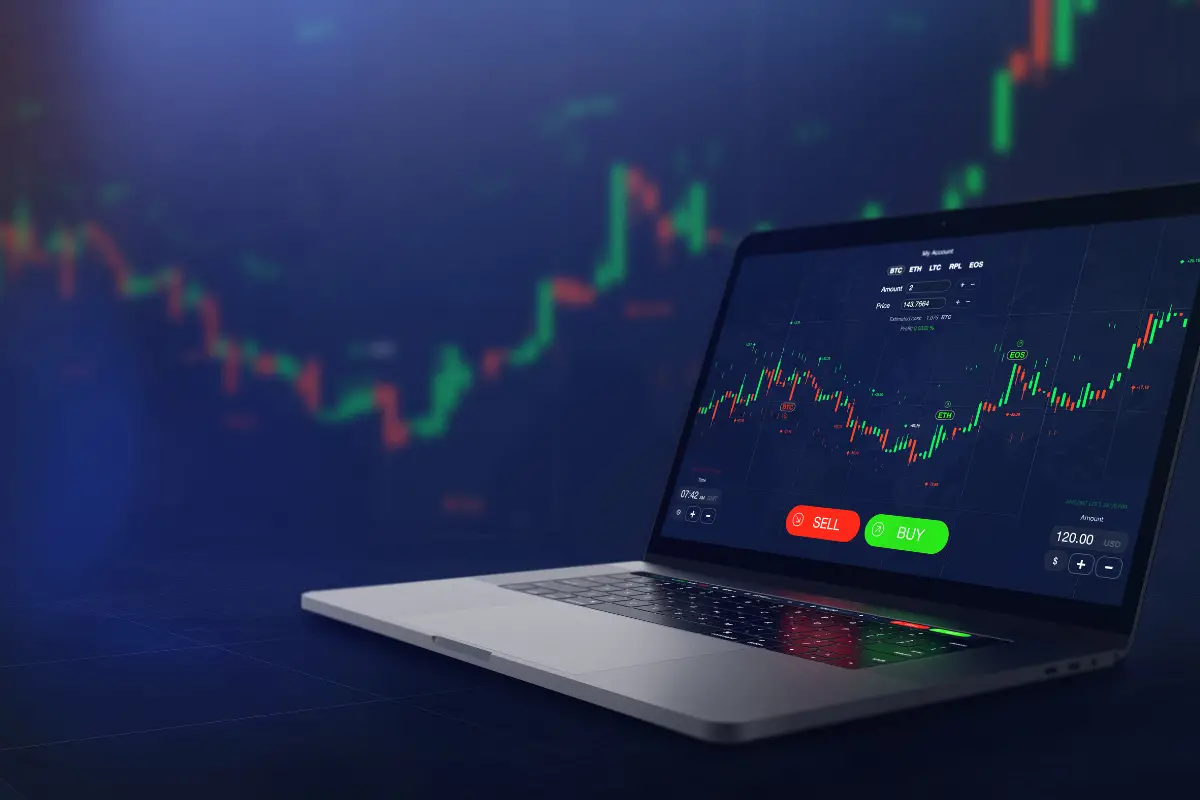Forex trading can be both lucrative and intimidating for beginners. The volatility and complexities of the foreign exchange market require a solid understanding and practice. This is where demo accounts step in to play a crucial role. In this article, we delve into why demo accounts are essential for forex trading beginners and how they can significantly aid in the learning process.
Introduction
What are Demo Accounts?
Demo accounts, also known as practice accounts or simulated accounts, are virtual platforms provided by forex brokers to allow traders to practice trading without risking real money. These accounts simulate real market conditions, providing users with a risk-free environment to hone their trading skills.
Importance of Demo Accounts for Forex Trading Beginners
For beginners venturing into the world of forex trading, demo accounts serve as invaluable tools for gaining experience and confidence before diving into live trading. They offer a safe space to experiment with different strategies, understand market dynamics, and familiarize oneself with trading platforms.
Understanding Forex Trading
Before delving into the significance of demo accounts, it’s essential to grasp the basics of forex trading. Forex, short for foreign exchange, involves the buying and selling of currencies in the global marketplace. Traders aim to profit from fluctuations in exchange rates between currency pairs.
However, forex trading carries inherent risks due to market volatility, geopolitical factors, economic indicators, and other variables that impact currency values. For beginners, navigating these complexities can be overwhelming without adequate preparation.
What are Demo Accounts?
Demo accounts replicate the live trading environment, allowing users to execute trades, analyze market data, and practice strategies in real-time without using actual capital. These accounts are typically free and come with virtual funds that traders can use to simulate trades.
Demo accounts mirror the functionality of live trading platforms, offering access to various currency pairs, charting tools, technical indicators, and order types. Users can explore different trading styles, such as scalping, day trading, or swing trading, without the fear of financial loss.
Importance of Demo Accounts for Beginners
Risk-free Practice
One of the primary benefits of demo accounts is the ability to practice trading strategies without risking real money. For beginners, this eliminates the fear of losing capital and allows them to experiment with different approaches to find what works best for them.
Understanding Trading Platforms
Demo accounts enable beginners to familiarize themselves with trading platforms offered by brokers. This includes navigating the interface, placing trades, managing positions, and utilizing analytical tools. By gaining proficiency in platform usage, traders can execute trades more efficiently when transitioning to live trading.
Testing Strategies
Demo accounts provide a platform for testing various trading strategies in a simulated market environment. Whether it’s technical analysis, fundamental analysis, or a combination of both, traders can assess the effectiveness of their strategies without financial consequences. This iterative process allows beginners to refine their approaches and build confidence in their trading decisions.
How to Utilize Demo Accounts Effectively
Setting Trading Goals
Before utilizing a demo account, beginners should establish clear trading goals. Whether it’s learning specific techniques, mastering risk management, or achieving consistent profitability, having defined objectives will guide their practice sessions and track progress over time.
Keeping Track of Progress
Regularly monitoring performance and progress is essential when using demo accounts. Traders should analyze their trades, identify strengths and weaknesses, and adjust their strategies accordingly. Keeping a trading journal can help track past trades, document observations, and facilitate continuous improvement.
Transitioning to Live Trading
While demo accounts offer a safe environment for practice, the transition to live trading involves additional considerations. Beginners should start with small, manageable capital and implement risk management techniques to protect their investments. It’s crucial to maintain discipline, manage emotions, and apply the lessons learned from demo trading to real-world scenarios.
Avoiding Common Mistakes with Demo Accounts
Overlooking Emotional Aspects
Despite the absence of real money, demo trading can evoke similar emotions as live trading. Beginners may experience fear, greed, or overconfidence, which can impact their decision-making process. It’s essential to recognize and manage these emotions effectively to maintain a rational approach to trading.
Neglecting to Simulate Real Conditions
While demo accounts replicate market conditions, they may not capture certain aspects of live trading, such as slippage, latency, and order execution issues. Beginners should strive to simulate real-world scenarios as closely as possible to prepare themselves for the challenges they may encounter when trading with real money.
Not Utilizing Resources
Many brokers offer educational resources, webinars, and tutorials to help traders maximize their demo trading experience. Beginners should take advantage of these resources to expand their knowledge, learn new strategies, and stay updated on market developments. Continuous learning is key to becoming a successful forex trader.
FAQs
Are demo accounts really free?
Yes, most forex brokers offer demo accounts free of charge with virtual funds for practice trading.
Can I use a demo account indefinitely?
While some brokers may impose time limits on demo accounts, many allow users to practice for as long as they need to feel comfortable before transitioning to live trading.
Are the market conditions in demo accounts the same as live trading?
While demo accounts simulate real market conditions, there may be differences in execution speed and liquidity compared to live trading.
Can I lose money with a demo account?
No, since demo accounts use virtual funds, there is no risk of losing real money. However, the experience gained from demo trading can help prevent losses in live trading.
How long should I practice with a demo account before trading live?
The duration of practice varies for each individual. It’s recommended to practice until you feel confident in your trading abilities and have a proven track record of success in demo trading.
Conclusion
Demo accounts are indispensable tools for forex trading beginners, providing a risk-free environment to practice and learn without financial repercussions. By utilizing demo accounts effectively, beginners can gain valuable experience, refine their trading strategies, and build the confidence needed to succeed in live trading. However, it’s essential to avoid common pitfalls and approach demo trading with discipline and dedication.







